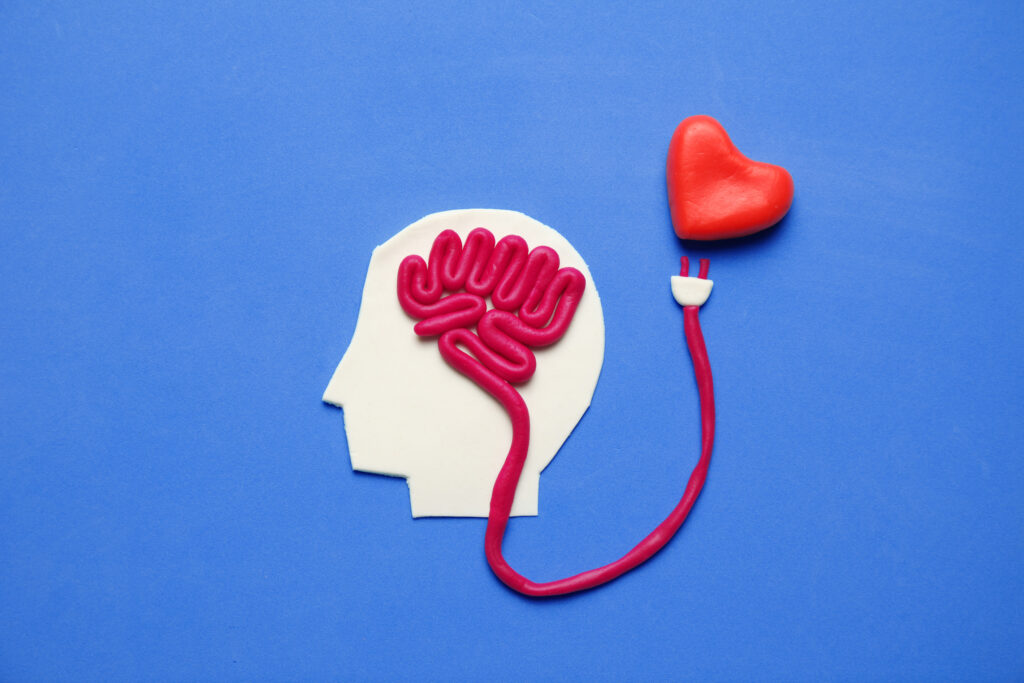Emotional intelligence (EI) plays a pivotal role not only in professional success but also in personal well-being and fulfillment. Unlike IQ, which measures cognitive abilities, EI focuses on understanding and managing emotions—a skill set that is essential for navigating life’s ups and downs, building resilience, and fostering meaningful relationships. In this article, we explore the profound impact of emotional intelligence on personal well-being and offer strategies for cultivating EI to lead a more fulfilling life.
One of the key components of emotional intelligence is self-awareness—the ability to recognize and understand one’s own emotions, strengths, and weaknesses. Self-aware individuals are better equipped to cope with stress, make sound decisions, and pursue goals aligned with their values and aspirations. By tuning into their emotions and inner experiences, individuals can identify areas for growth, set realistic expectations, and prioritize self-care.
Moreover, emotional intelligence enables individuals to effectively manage their emotions, a skill known as self-regulation. Rather than being controlled by fleeting emotions, emotionally intelligent individuals can regulate their responses and behaviors, even in challenging situations. By practicing mindfulness, relaxation techniques, and stress management strategies, individuals can cultivate resilience and emotional balance, leading to greater overall well-being.

